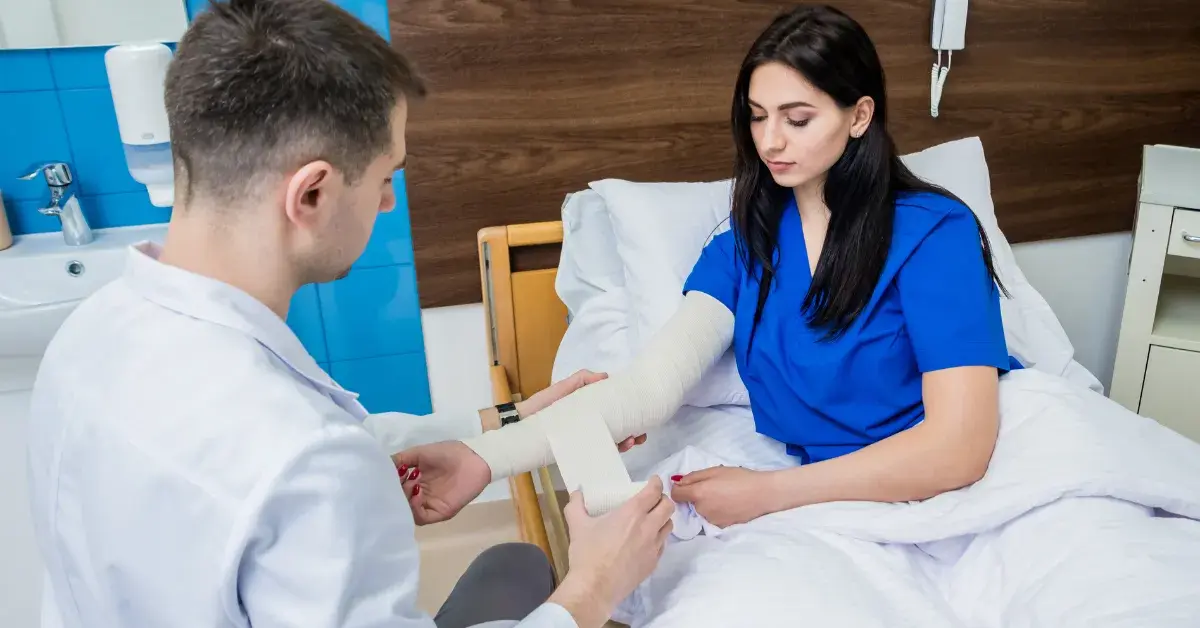
Safety Rate
A bone marrow transplant (BMT) is a complex and transformative medical procedure used to treat life-threatening blood, immune, and cancer-related disorders. While the transplant itself is a pivotal moment in the treatment journey, the post-transplant phase holds equal significance in determining long-term health outcomes. Once engraftment occurs, survivors must transition into a structured care plan focused on recovery, immune reconstitution, and overall well-being.
This stage involves meticulous follow-up care, lifestyle modifications, vaccination schedules, and monitoring for late effects. Survivorship is not merely about medical clearance—it encompasses the physical, emotional, and social adaptations necessary for a fulfilling life after transplant. With individualized support and proactive management, many patients go on to lead stable, independent lives. However, this success hinges on adherence to post-transplant protocols, early detection of complications, and consistent collaboration with a multidisciplinary healthcare team that understands the nuances of post-BMT survivorship.
Following a bone marrow transplant, structured and frequent follow-up care is essential to ensure proper recovery, prevent complications, and maintain long-term health. These check-ups begin immediately after discharge and continue in graduated phases based on the patient’s condition and immune status.
Communication with the transplant team is crucial during this phase. Any signs of fever, rash, mouth sores, or breathing difficulty must be reported immediately. The healthcare team also provides guidance on returning to work, physical activity, and safe social reintegration. A digital record or diary to track symptoms and medication schedules helps both patients and clinicians maintain consistent oversight throughout recovery.
Post-transplant patients must adopt a holistic lifestyle that supports immune recovery, enhances strength, and reduces the risk of relapse or secondary conditions. Nutrition and physical activity play vital roles in rebuilding a strong foundation for long-term wellness.
Sleep hygiene and stress reduction techniques are equally important, as they influence hormonal balance and immune strength. Caffeine, alcohol, and tobacco should be eliminated or strictly limited. Patients should work closely with a dietitian and physiotherapist to tailor a recovery plan that considers personal habits, food preferences, and baseline health conditions.
After a bone marrow transplant, patients lose the immunity developed from previous vaccinations due to the intensive conditioning regimens and immune reset. Rebuilding vaccine-acquired protection is a critical part of post-transplant care, typically initiated once the immune system starts to recover.
Vaccination is a gradual, multi-phase effort. Coordinated care between transplant physicians and infectious disease specialists ensures optimal scheduling, dosage, and safety—especially for those on long-term immunosuppressive therapy or with chronic GVHD.
Bone marrow transplant, particularly when involving high-dose chemotherapy and radiation, can have lasting effects on fertility and sexual health. These changes are influenced by age, gender, type of conditioning, and overall health status before transplant.
Counseling with reproductive endocrinologists and mental health professionals can aid in coping with these changes. Open communication with partners and reassurance about gradual improvement helps restore confidence. Survivors are encouraged to delay pregnancy until cleared by physicians, ideally 1–2 years post-transplant, when relapse risk is lower and immunity more stable.
Psychological health is a cornerstone of survivorship, as bone marrow transplant patients often endure emotional challenges during recovery. The prolonged hospitalization, isolation, physical side effects, and fear of relapse can leave lasting mental impressions.
Work reintegration and social interactions can bring both joy and anxiety. Preparing for this transition with coaching and flexibility is important. Addressing mental health proactively is not only about emotional stability—it contributes directly to improved immune response, medication adherence, and overall transplant outcomes. Compassionate care acknowledges these unseen wounds and actively supports healing.
Recovering from a bone marrow transplant extends far beyond the procedure itself. Survivorship is an ongoing journey requiring structured medical oversight, thoughtful lifestyle changes, and comprehensive emotional support. Each aspect—be it immune rebuilding through vaccinations, managing physical aftereffects, preserving fertility, or nurturing mental well-being—contributes to sustained health and quality of life.
At Kannappa Memorial Hospital, our dedicated team embraces a holistic approach to post-transplant care. From personalized nutrition plans and vaccination protocols to mental health counseling and survivorship clinics, we ensure every patient receives continuous, coordinated care. We believe that healing involves more than clinical outcomes—it’s about empowering individuals to reclaim their strength, relationships, and future with confidence. With advanced medical support and heartfelt attention, we help every patient move beyond survival toward true recovery and renewal.
info-title
info-title
info-title
info-title
info-title
info-title
Bone marrow donation is generally safe but may cause temporary side effects. Donors often experience lower back pain, fatigue, or soreness at the extraction site for a few days. Other possible symptoms include mild fever or stiffness. These effects typically resolve within a week. Some donors report feeling tired, but serious complications are rare. It’s a medically monitored procedure, and the body replenishes the donated marrow naturally within a few weeks.
Surviving a bone marrow transplant involves adherence to medical advice, maintaining a positive mindset, and closely monitoring for complications. A sterile environment, nutritious diet, and regular follow-up appointments play crucial roles. Emotional support from family and professionals eases psychological stress. Vigilance about symptoms like fever or rash helps in early detection of issues. Recovery also requires patience, as immune rebuilding and physical strength restoration take time and consistency.
Most patients begin to feel noticeably better 3 to 6 months after transplant, though full recovery can take up to a year or more. Initial symptoms like fatigue, weakness, and mood changes improve gradually with physical therapy, nutrition, and rest. Some individuals may recover faster depending on age, pre-transplant health, and post-transplant complications. Patience and close medical monitoring are key to achieving and sustaining improvement in health and energy.